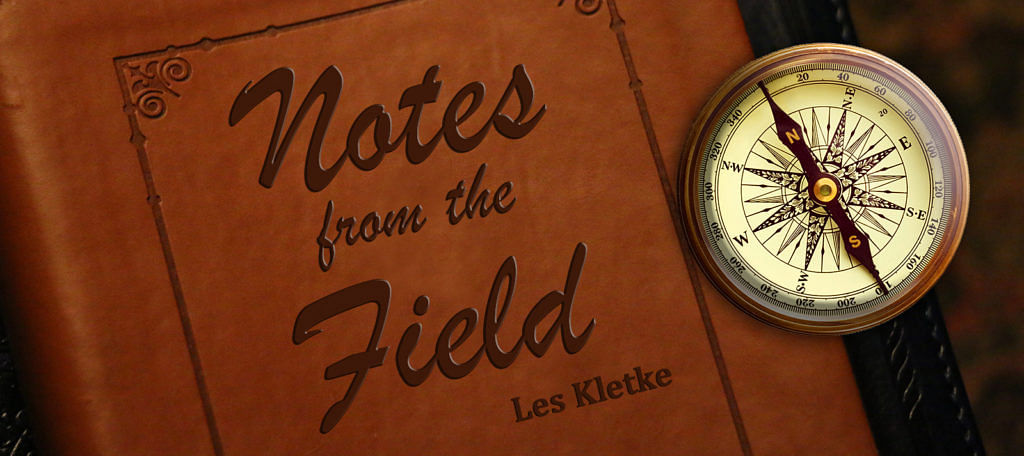
Until we visited this island in French Polynesia, the word ‘Tahiti’ brought two
images to mind: a fluorescent red soft drink from my youth, and the book Mutiny on the
Bounty. We studied this book in Grade Eight and at the end of the school year, as a
special treat our class gathered in the Rosenfeld School auditorium to watch a black and
white movie based on the book. The 1932 novel by Charles Nordhoff and James Norman
Hall lasted longer in my memory than the stains on my t-shirts from that glowing red soft
drink. A visit to what had been a temporary island home of the mutineers left images
almost as stark as those of that memorable film.
Tanis, a member of our group on the cruise had arranged a tour with a local van
for about a quarter of what the price would have been on board. Our guides were two
Mormon missionaries, recently returned to the island. It seemed only fair that the island
should ‘send forth’ a few disciples—it certainly must have received its share of
missionaries.
The first thing I noticed after the wall of humidity was the number of churches on
the island. Obviously the missionaries had done their job—or perhaps the abundance of
churches was a reflection of how attractive the climate was to those spreading the gospel.
I know that if I were faced with a choice of spreading the word of God to Northern
Canada or Tahiti, the Eskimos would have to wait.
It was in fact Captain James Cook not William Bligh and Fletcher Christian who
had the early interaction with the island—the young missionary men provided us with a
good deal of information on the early days of the island as well as the current conditions.
In contrast to the plenitude of churches, the poverty of the island became increasingly
obvious as we wound our way through the city and down some backcountry roads.
A few blocks away from the docks and the brightly coloured shirts and skirts
intended to lure tourist dollars from the moored cruise ships, out–of–town customer
business dropped off quickly and the stores did not feature many extras. They offered
mainly the day-to-day items required to earn a living, either as a commercial fisherman or
whatever other job could be found.
Our ship spent two days in port in Papeete, capital city of French Polynesia.
Having the security of an overnight port I went back into the city in the evening of the
first day. What I thought had been a working class neighbourhood proved to be poorer
than I had first thought. People were getting ready to find a place for the night, and it was
not their bed, they did not have a bed, night was spent on the street. I did not feel
threatened or unsafe, but rather guilty at having so much, while these people had so little.
I did not stay long.
